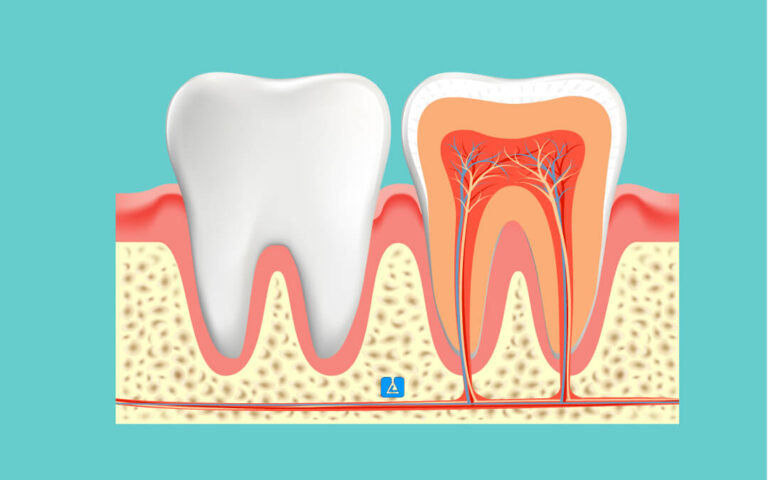
Tooth loss is extremely common across the world, and some of the common reasons include sudden injuries, accidents, cavities, decay, and gum disease. While many patients get good outcomes with dentures and bridges, there is a better option – Dental implants. If you want to know whether you can consider dental implants, talk to your dentist in North East Indianapolis in detail. For your help, below is a guide on implants, along with critical things you need to know.
Overview of the treatment
In simple words, a dental implant is like a replacement tooth root. Implants are usually made of titanium and hold prosthetic teeth securely in position. It is a common myth that a dental implant is a replacement tooth. In fact, to replace a missing tooth, you need three components – an implant post, an abutment, and a prosthetic tooth. Whether a patient has lost one or many teeth, dental implants remain a viable choice.
Types of dental implants
There are two kinds of dental implants. The first one is called an endosteal implant, which is the most common and is placed inside the jawbone. The second one is called a subperiosteal implant, where the post is placed on top of the jaw using a metal framework that holds the implant in place. Usually, subperiosteal implants are recommended for patients who don’t have enough bone height for regular endosteal implants.
Who is an ideal candidate for dental implants?
As we discussed earlier, your dentist will do an oral exam and order necessary imaging tests and X-rays to determine whether the treatment is right for you. In general, if a patient is in good health and has enough jawbone and gums to hold the posts, they can benefit from dental implants.
Pretreatments before dental implants
If considerable time has passed since one or more teeth were extracted or removed, the dentist may have to consider additional pretreatments. Losing a tooth can drastically affect the jawbone and lead to loss of bone density, which may make it hard to place implants. In such cases, treatments like bone grafting may be necessary. Some patients may also need treatment for additional concerns, such as the removal of decayed or damaged teeth, sinus issues, and gum disease.
Replacing missing teeth with dental implants
There are various ways to get replacement teeth with dental implants. The first one is implant-based dentures, which work similarly to traditional dentures, except for the fact that these are placed securely on implant posts. As a result, the prosthetic teeth do not move around, offering much better comfort while talking and chewing. The second option is denture-based crowns, which are great for replacing a singular missing tooth. Crowns are fixed to implant posts using an abutment, just like dentures. There are also dental implant-based bridges, which can replace two or more teeth in a row. Today, many dental clinics offer All-on-4 implants, which can help all missing teeth using just four posts.
Does the treatment cause pain?
No, getting dental implants is not painful, but the procedure requires oral surgery, which is done under local anesthesia. If you have dental anxiety, let your dentist know so that they can guide you on sedation. You may feel pain and discomfort once the anesthesia effects wear off, but those concerns can be addressed with pain medications.
Final word
If you are getting implants, make sure to choose a known and well-rated dental practice in North East Indianapolis. You can always meet the dentist in person to learn more about the treatment and whether and why you should consider this over other options. Most patients experience incredible results with implants – You could be one!




